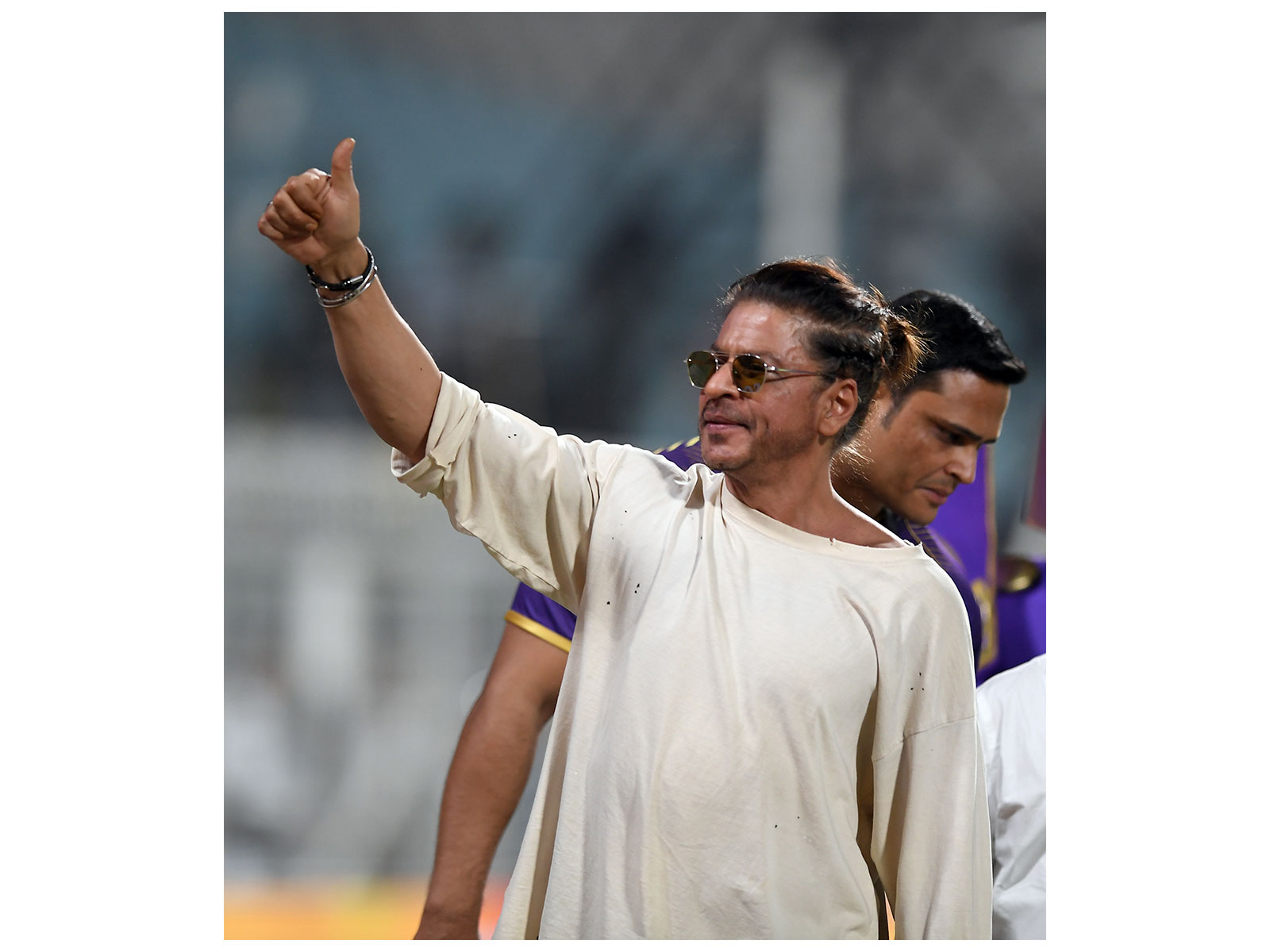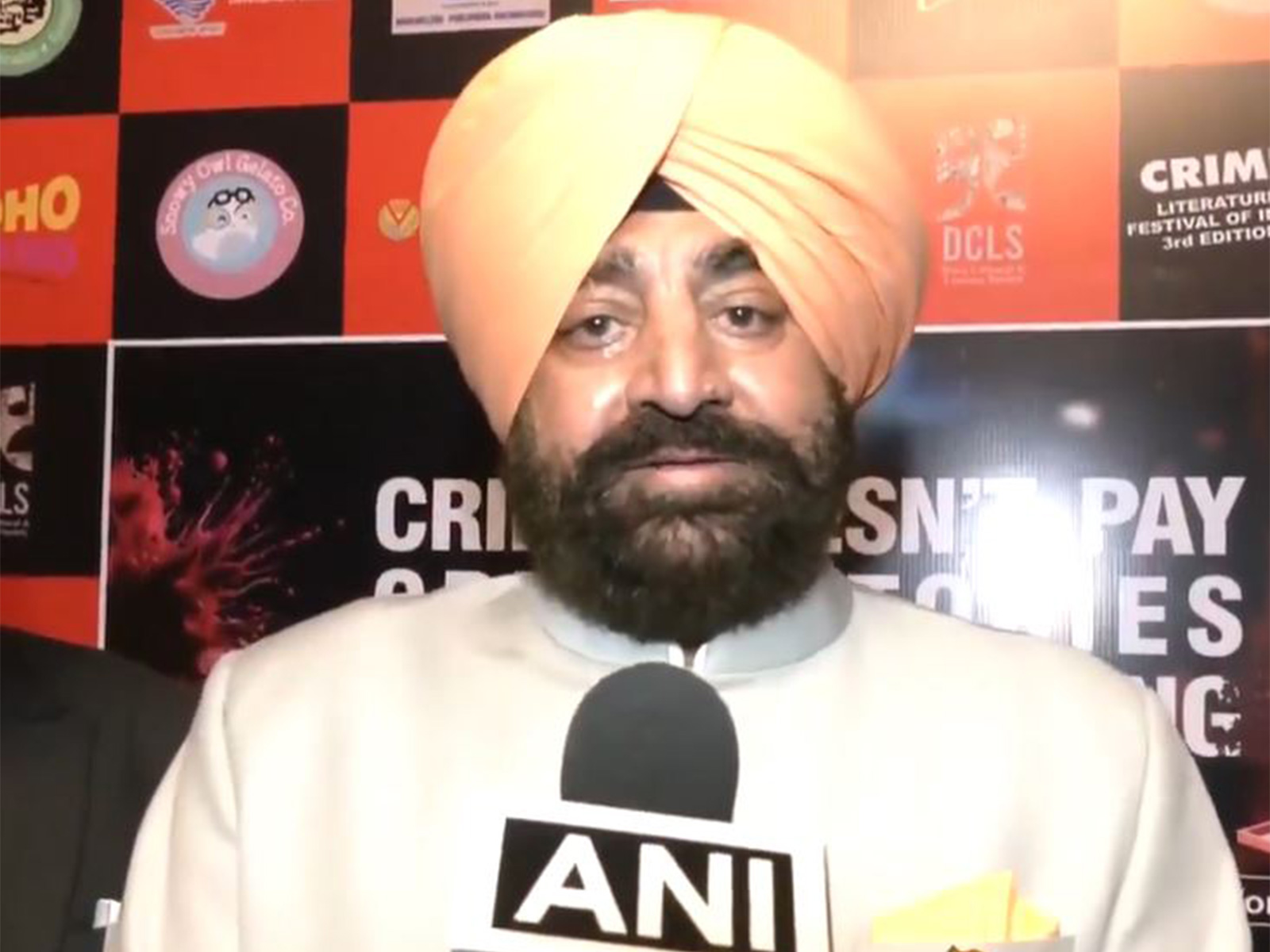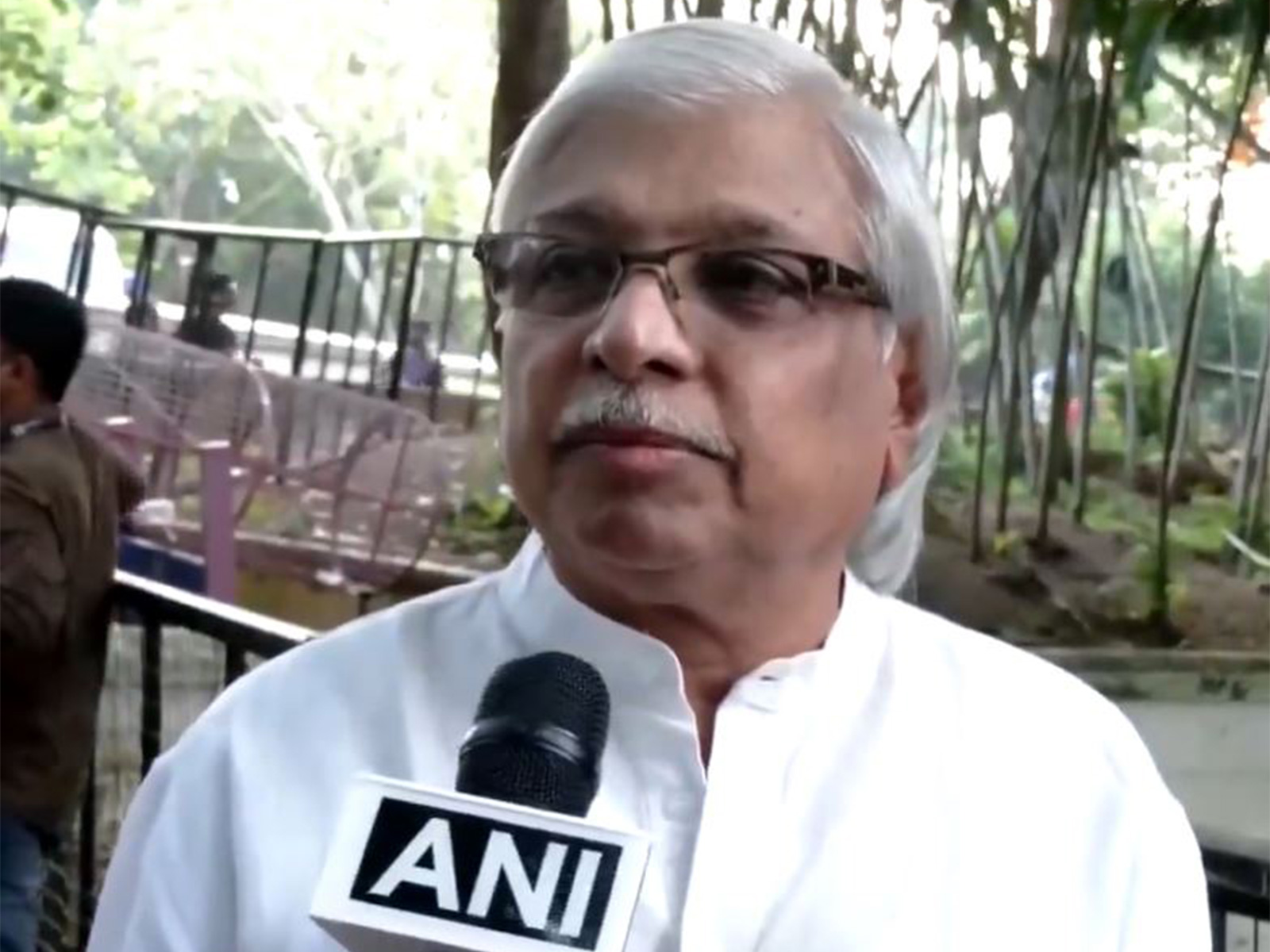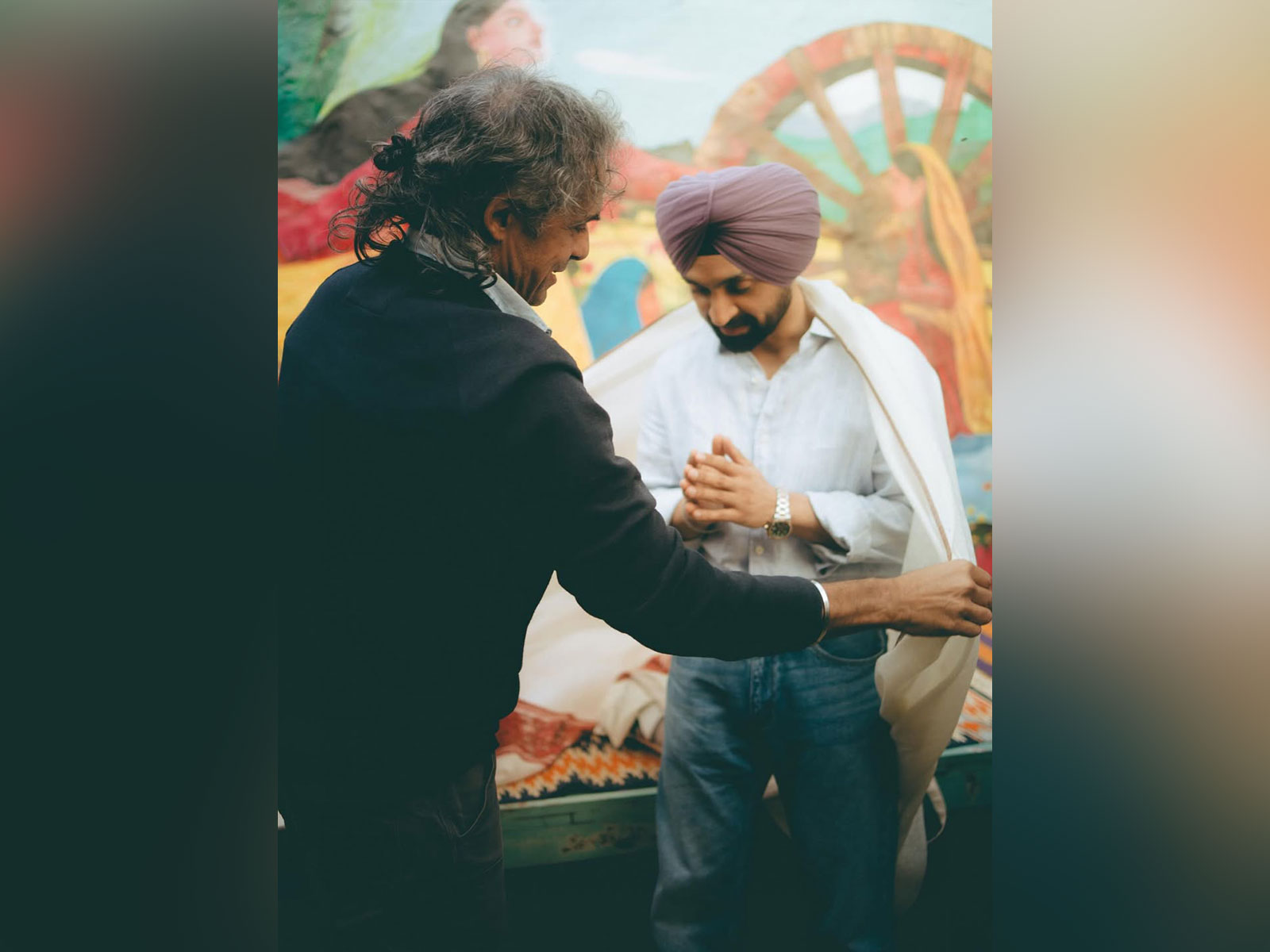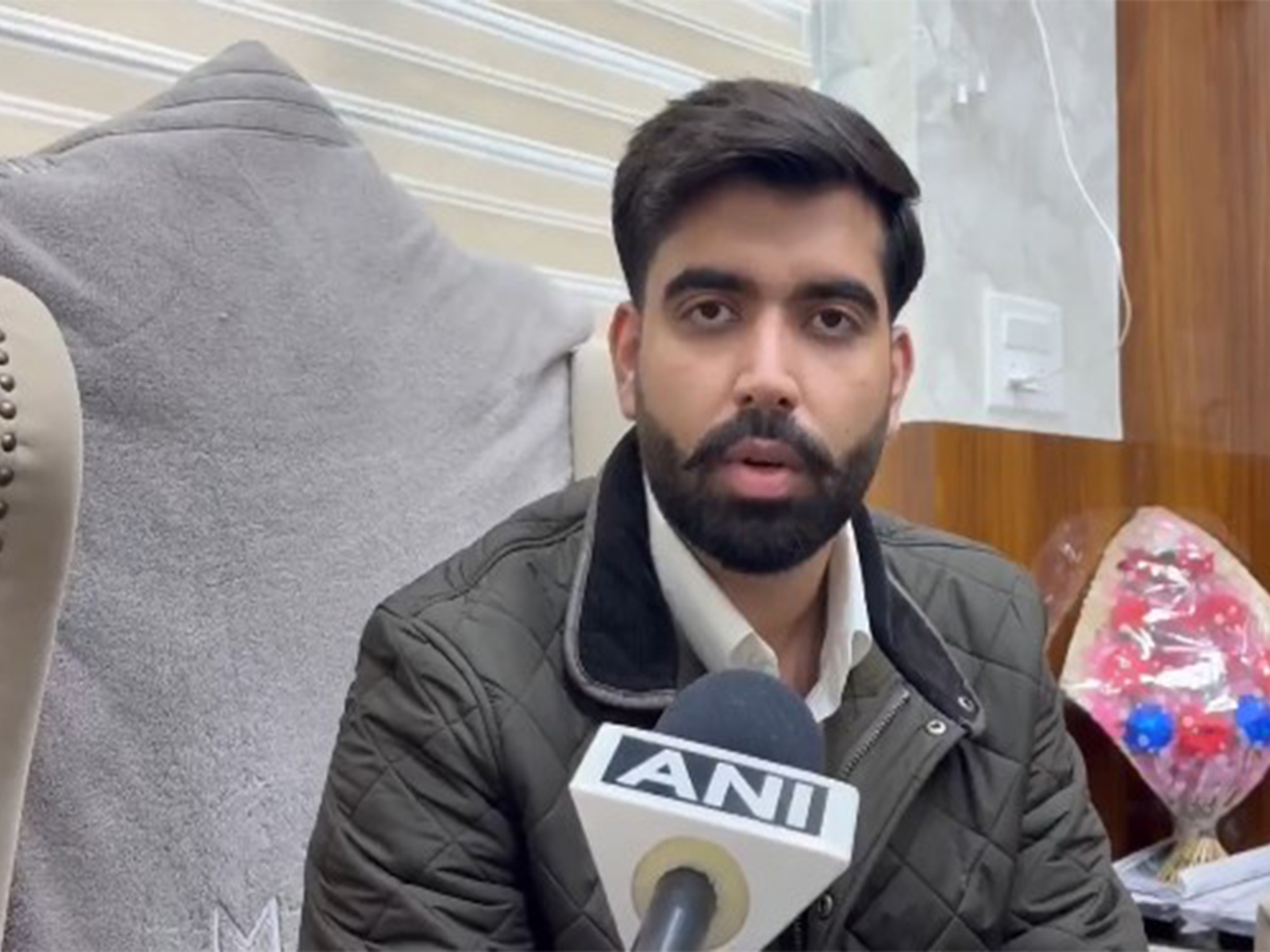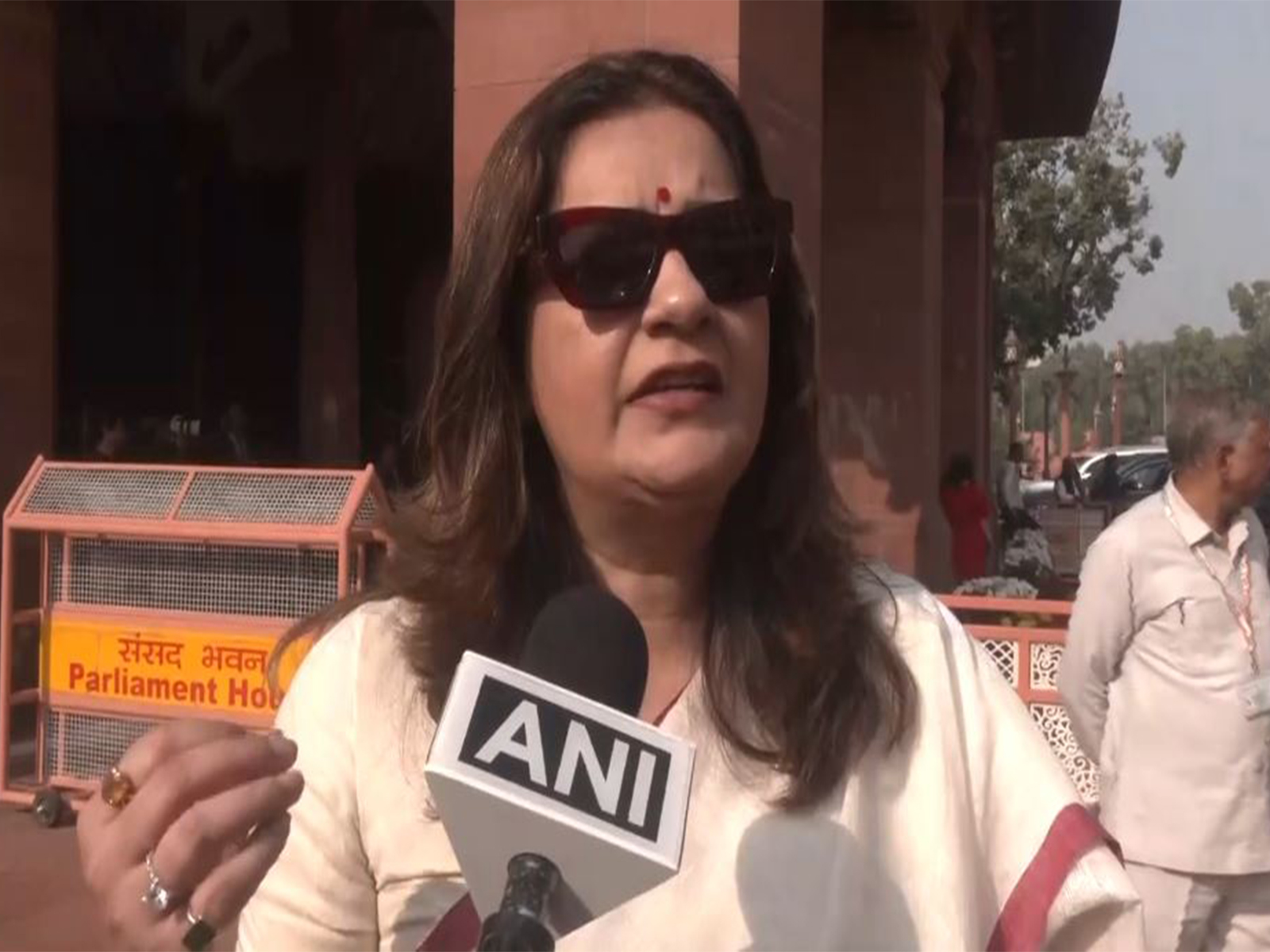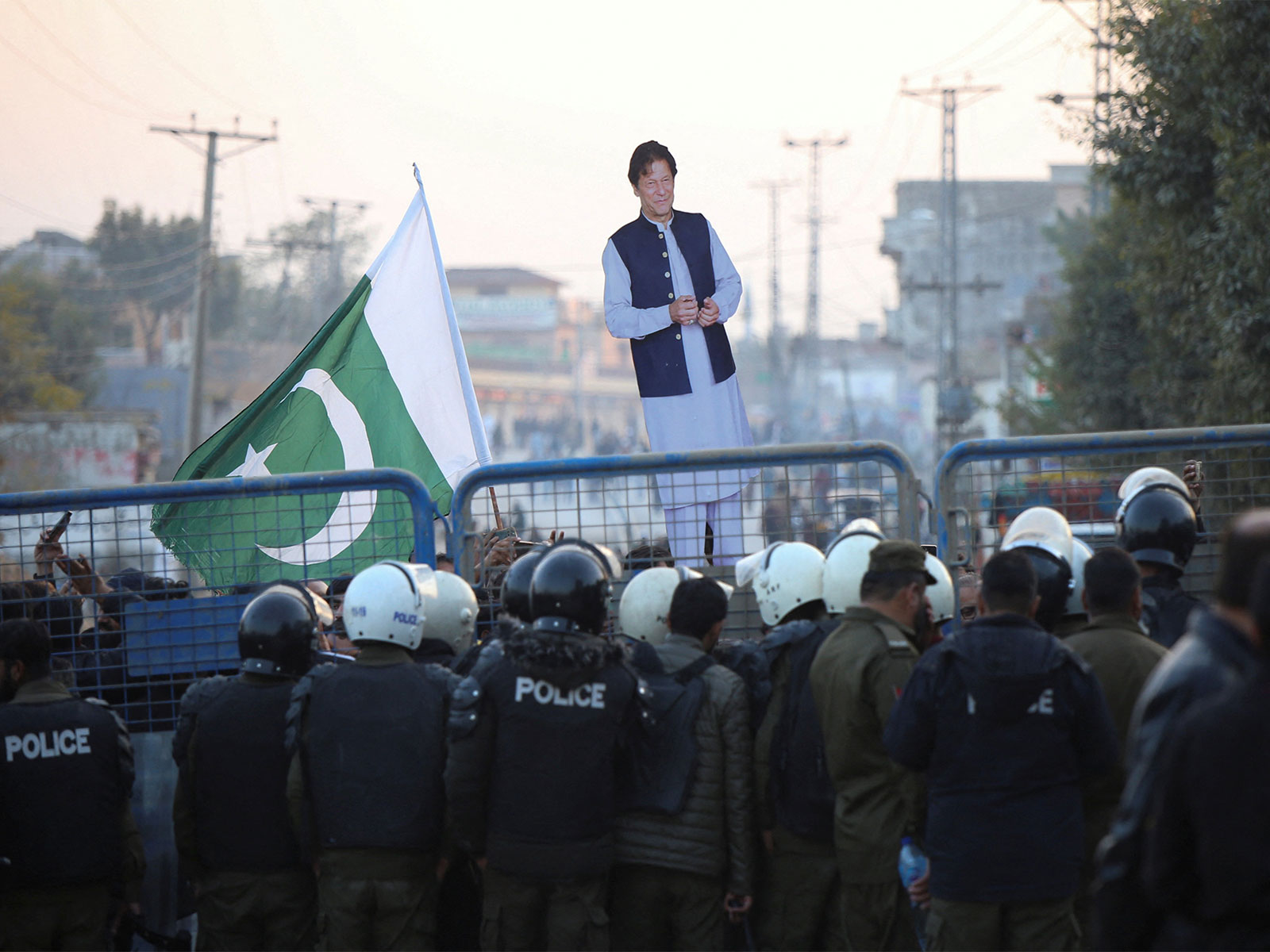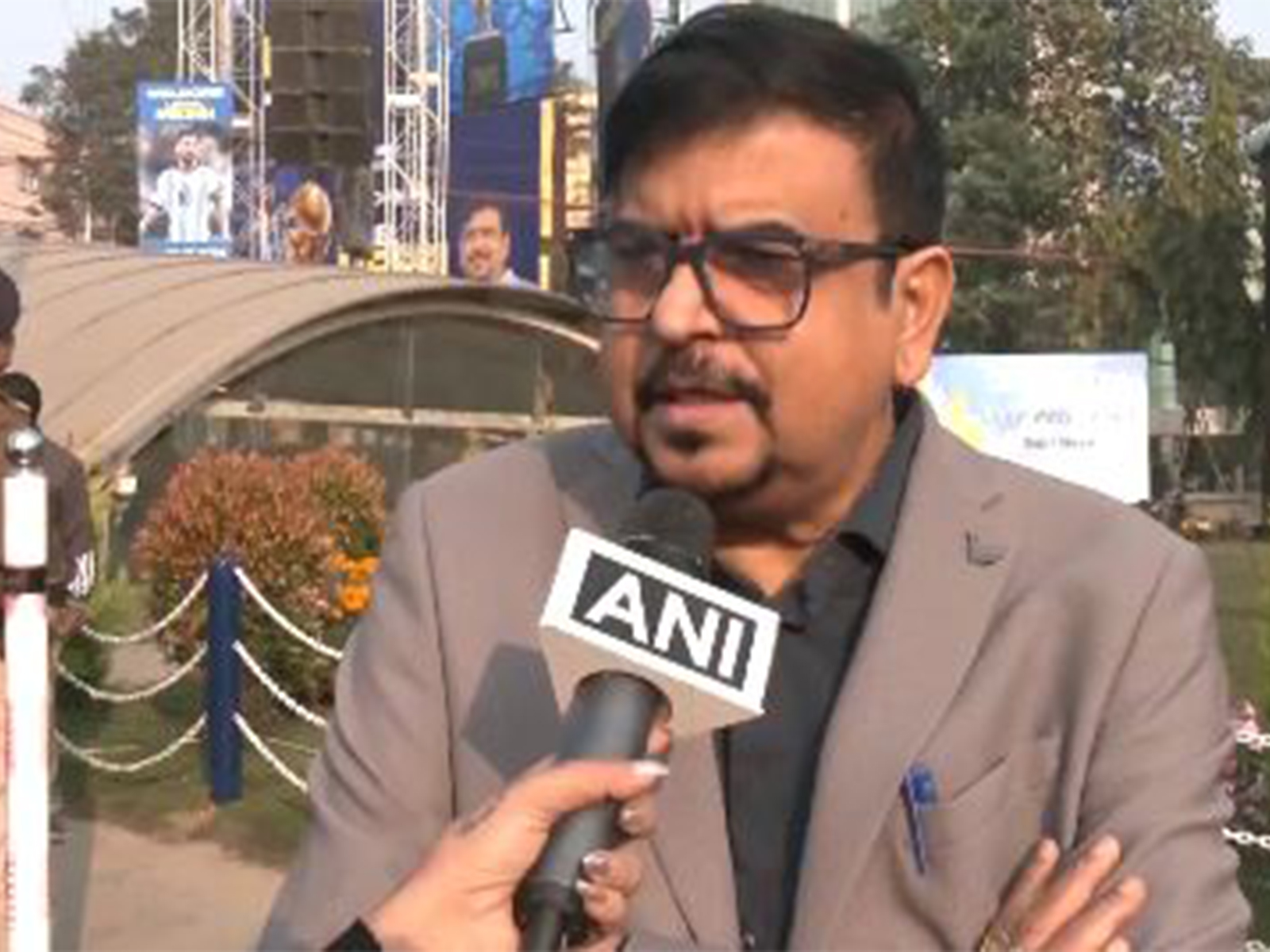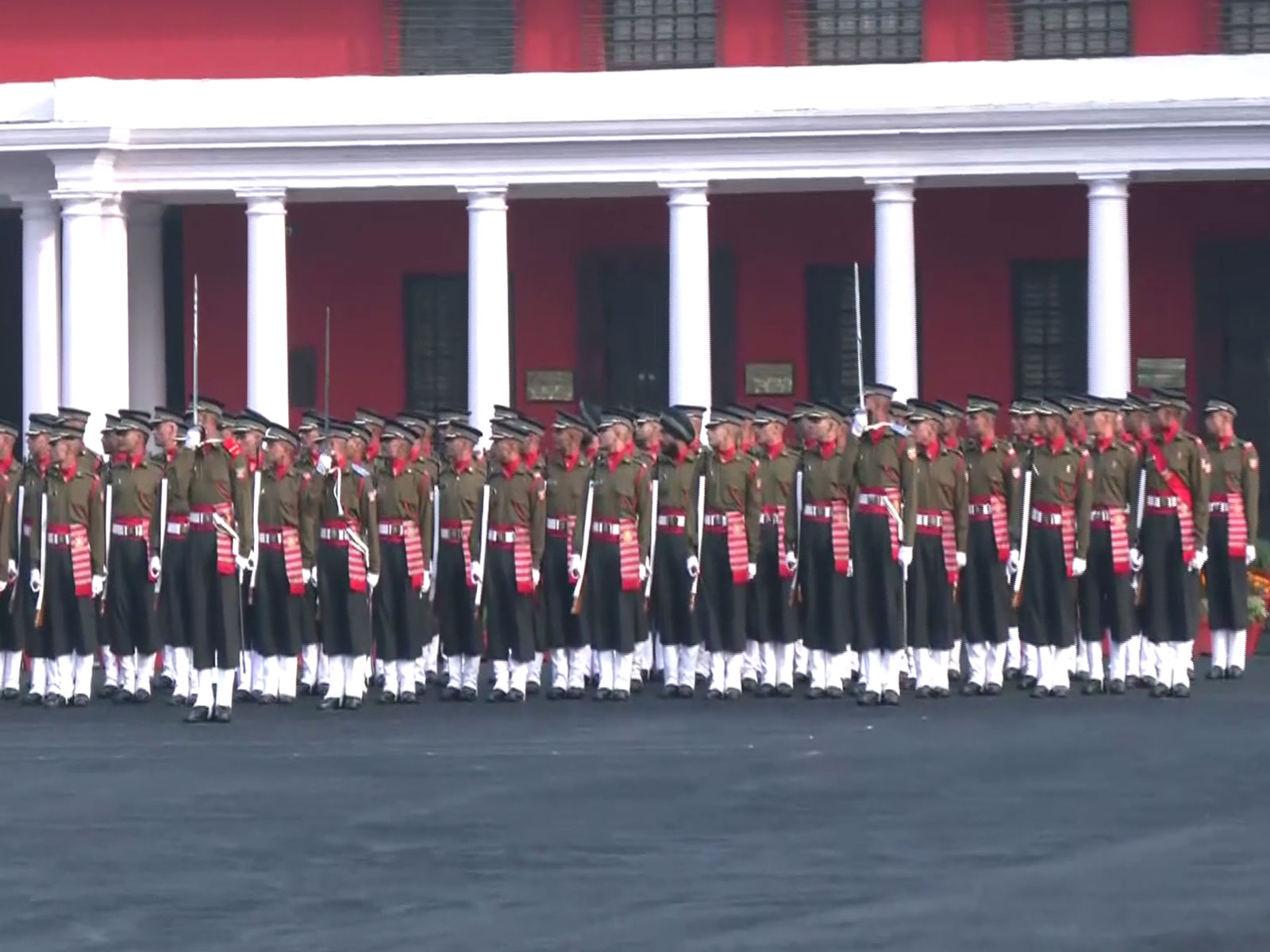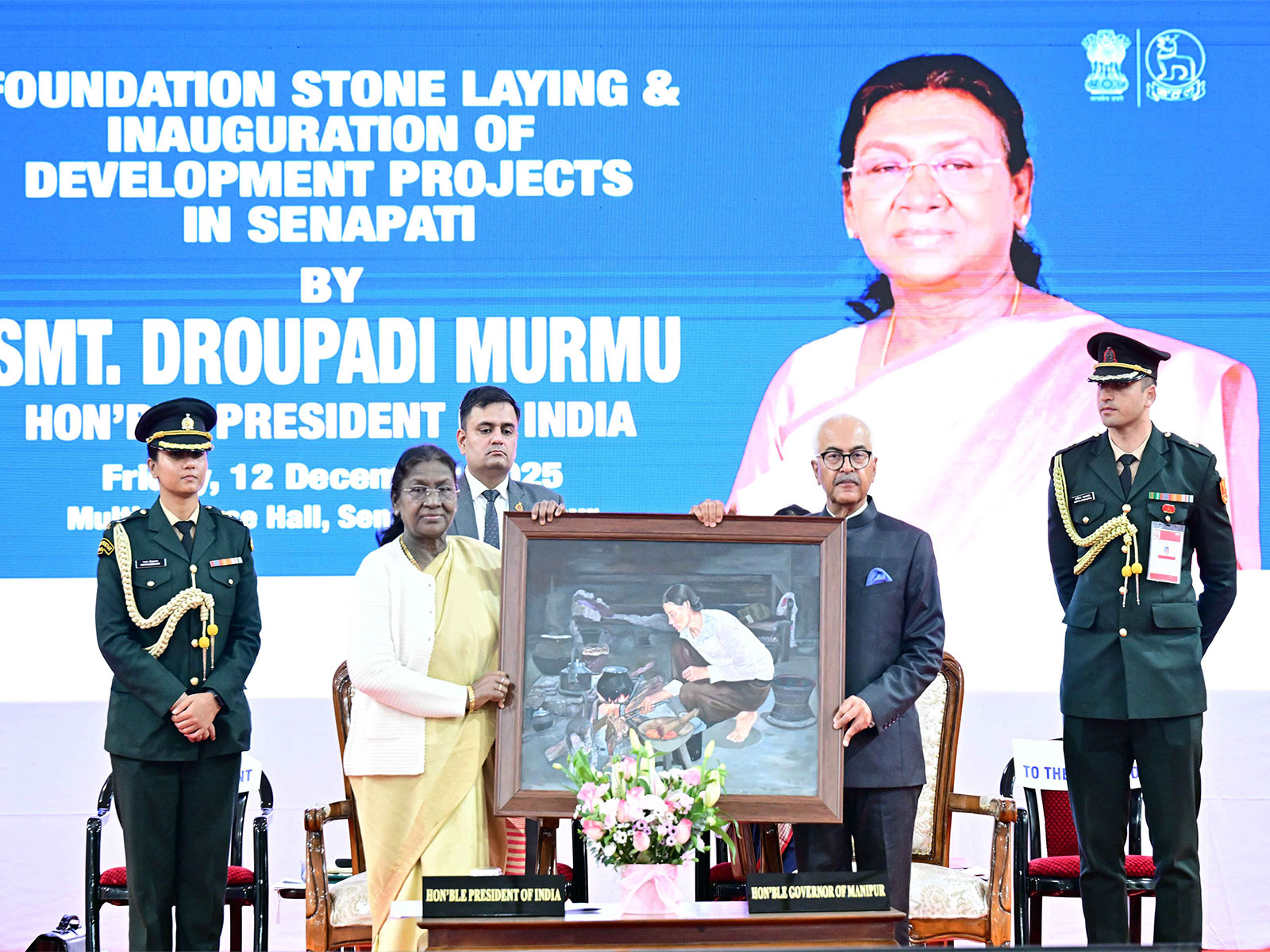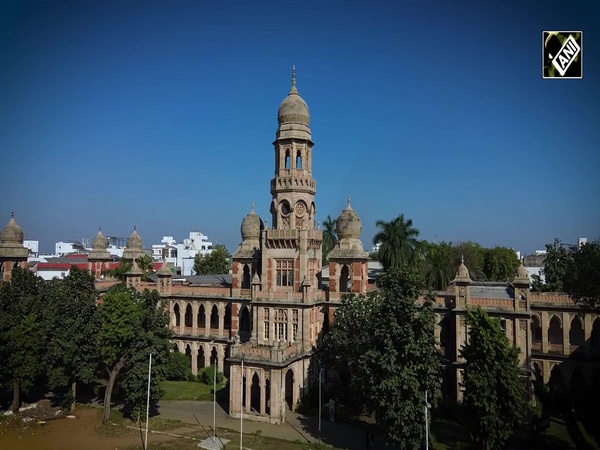"Earlier Indian violin was mostly an accompanying instrument": L Subramaniam speaks about taking it to international level
Jan 31, 2024

New Delhi [India], January 31: Padma Bhushan recipient Dr L Subramaniam is among the best known violinists worldwide. Having contributed to the international recognition of the violin as a South Indian solo instrument, he is considered one of India's finest performers.
During an exclusive conversation with ANI, he spoke about taking the violin to the international level and the intricate features of his special instrument.
Subramaniam was born to Prof V Lakshminarayana Iyer and Seethalakshmi. His father was a renowned Carnatic violinist and he always wanted violin to be played as a solo instrumental and get recognition globally.
The violin icon recalled what his father told him about the instrument and asked him to listen to great violinists like Yehudi Menuhin. "Indian violin earlier was mostly an accompanying instrument. My father's vision was to completely change it, to bring it to a world stage. He said, 'go and listen to Menuhin and big orchestras where the violinists are playing in the main Royal Albert Hall, or Carnegie Hall, or Lincoln Centre. Sydney Opera House. Like that, our Indian classical violin should be heard in that level, not organized by only Indian sabhas or organization. So if you can do, do that. Otherwise, come back from U.S. and practice your medicine.' So he told me about Menuhin. I found one of the concerts I went and heard. This was in early 80s."
He spoke about listening to some of the great musicians to enrich his knowledge and getting a call from none other than Yehudi Menuhin.
He shared, "My father told me when I was in medical college. So I heard Jascha Heifetz one of the greatest violinists. Probably one of the greatest of all time. He used to mention all these violinists. All of a sudden for one of the functions, I got a call from Menuhin. So his secretary said, would you be able to come to perform? He's celebrating his 70th birthday'. I was so happy. He belonged to my father's generation. Father said, you know, you should go and listen to him. So I went and played there. Immediately, after I finished playing, came to the stage and he gave a big hug and said, we should do something together."
His father's vision was to bring global acceptance to the Indian violin as a solo instrument and took his vision forward. He collaborated with some of the greatest violinists in the world including Lord Yehudi Menuhin and Stephane Grappelli.
Moving ahead in the conversation, he opened about his violin which has a special feature of being played in open air.
He shared, "In 1984 or so, there's a company that was making special violins which you could use in an open air. Because normally in a concert hall, you use a microphone and it doesn't feedback."
Explaining the meaning of feedback, he briefed, "When the microphone is kept and volume increases, you start hearing a boom, hum, boom, all those things. Because it can be microphone position if it is. You can't go too close to play also. There can be some distance because of the bowing the violin. And I do a lot of cross bowings also. I have to keep a distance."
He recalled how he got this special violin, "They made this violin and gave it to Stephane Grappelli (French jazz violinist) and he said, if anybody can play the violin, you should give it to Dr Subramaniam. He will make that sing. So they gave me and requested me whether I can use it for my next concert which was coming up was the New York Philharmonic, the piece which I wrote for my mother, Fantasy Without Limits, Fantasy on Vedic Chants. So they gave me, but those days it used to be four string violin. This advantage of this was like, I have a direct connection to the amplifier."
He spoke about how the structure of violin has changed now- a-days. "There is a wire, or nowadays there's a wireless, which I use. Now, better things have come."
L Subramaniam has composed several musical compositions for ballet performances for well-known dance companies such as the San Jose Ballet Company, the Alvin Ailey American Dance Theatre, and the Mariinsky Ballet.
He also composed music for films including 'Salaam Bombay', 'Mississippi Masala', 'Little Buddha' and 'Cotton Mary'.
